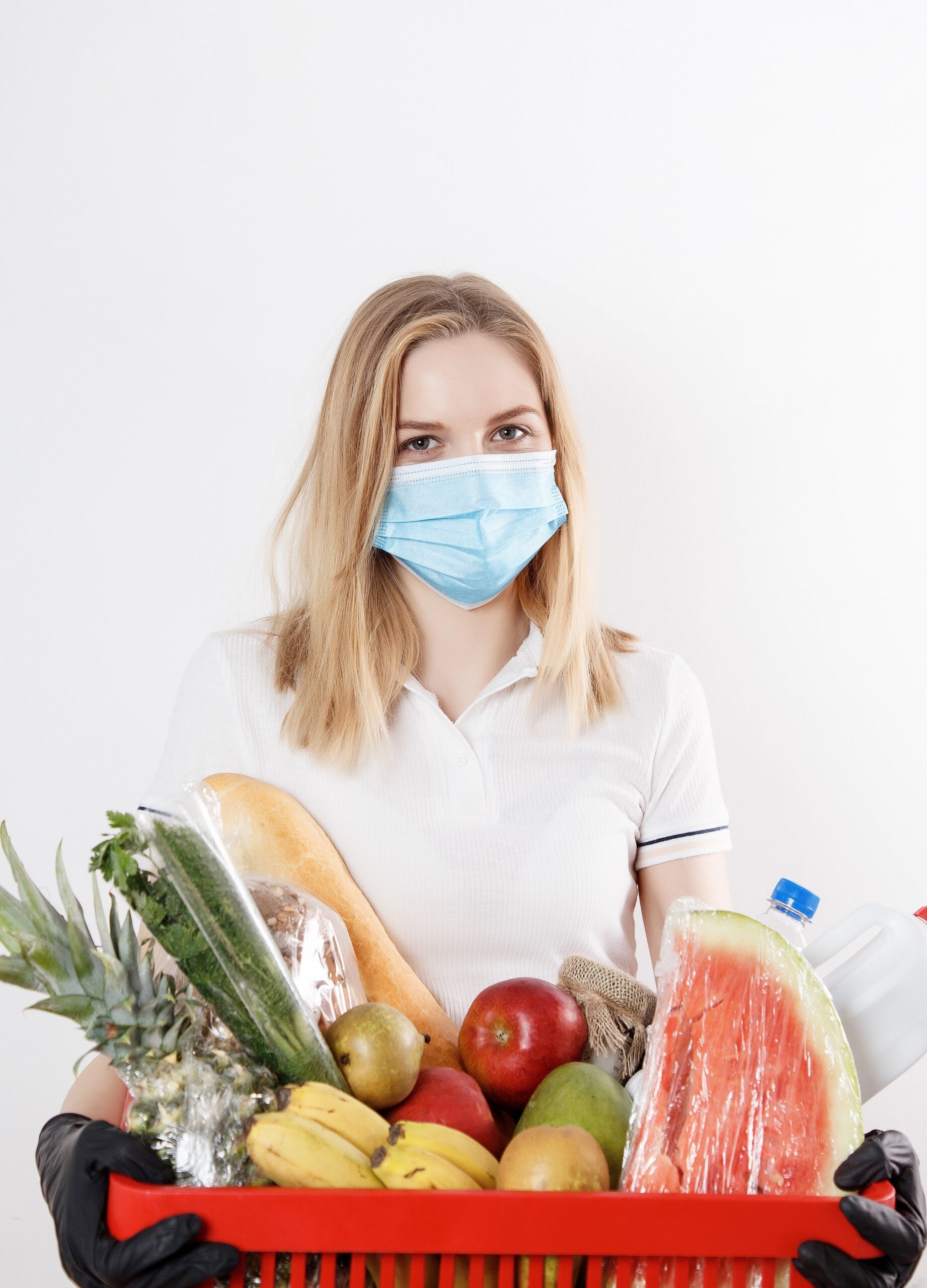Families across our nation continue to struggle with the health and economic impacts of COVID-19. One such area of concern is the effect that the pandemic has had on food insecurity in Oregon communities. Food insecurity is defined as limited or uncertain access to sufficient, nutritious food for an active, healthy life. There are varying levels of food security, as illustrated by the image below from Feeding America. Food insecurity has significant short and long-term health consequences. For example, persons reporting food insecurity are more likely to experience increased rates of depression, anxiety and stress, as well as chronic diseases such as diabetes and heart disease.

In a report by Professor Mark Edwards at Oregon State University, in 2017, 12.9% of Oregon’s households were food insecure, put in other terms, 1 in 8 Oregonians, and 1 in 5 kids were food insecure. This year, in the months of April and May, in the midst of a national shut down, food insecurity in OR increased to 19.8%, based on data collected by the US Census Household Pulse Survey on the impacts of COVID-19. Given the staggering increase in COVID cases and deaths in recent weeks, it’s highly possible we will continue to face this challenge through out the coming winter months.
There are several organizations who have spent years tackling hunger in our state and in 2020 they coordinated outreach to the communities hardest hit by COVID to insure access to and availability of nutritious foods. If you and your family are facing food insecurity or you wanting to donate your money or time, visit: Partners for a Hunger-Free Oregon for a list of organizations you can contact, who can connect you with the services you need.

